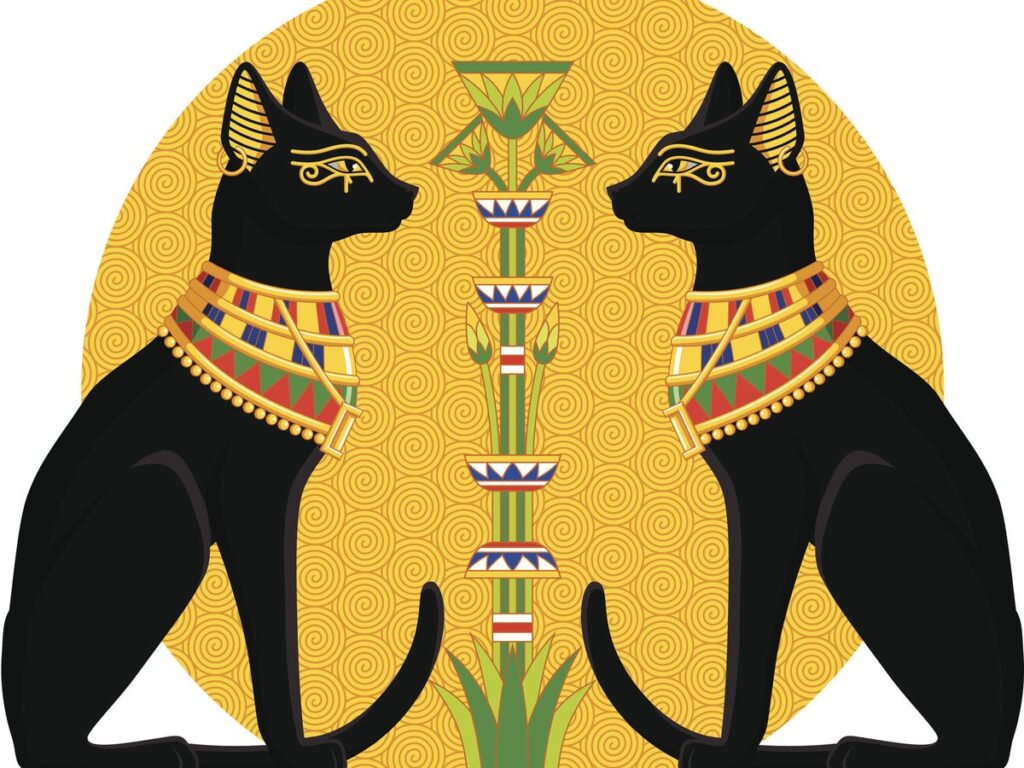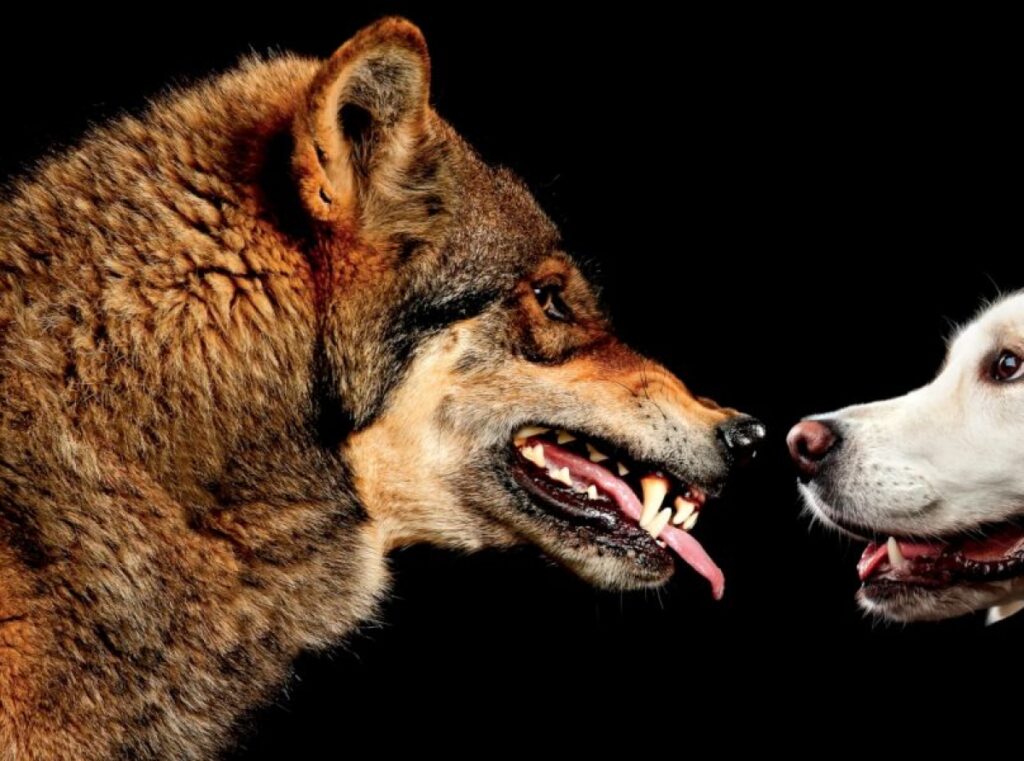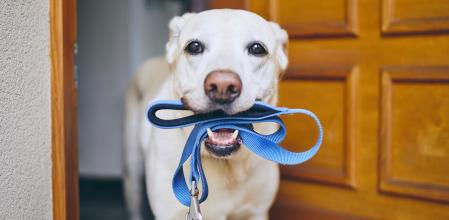For thousands of years, people have valued having pets, from the amiable purring cat to the devoted barking dog. Over time, the interaction between people and animals has changed from being purely functional to having emotional and social significance. This article examines the development of domesticated animals, from cats to dogs, as well as their place in modern society.

Cats were the first animals to be domesticated, dating to over 4,000 years ago in ancient Egypt. At first, they were used to get rid of pests, especially rodents that would ruin crops and food storage. Cats were considered sacred animals by the Egyptians, and harming or killing one would result in death. Cats gained popularity over time among the wealthy as companions and status symbols.
Dog evolution, however, is a more intricate process. Compared to cats, dogs were domesticated much earlier—more than 15,000 years ago. Dogs were originally bred as hunting and guard animals. In addition to assisting humans in tracking and hunting prey, they would also shield them from other people and wild animals. As a result of dogs being domesticated, humans and dogs developed a mutually beneficial relationship in which dogs were given food and shelter in exchange for their assistance.

Cats and dogs have changed over time, becoming more than just working animals. They became significant household contributors and, in some cases, were even regarded as relatives. The billion-dollar-a-year pet industry in modern times is proof of this change in perception. Pet owners make significant financial investments in their animals, giving them the best food, care, and training.
Pets have a big impact on human society as well. According to studies, owning a pet can benefit your physical and mental health in a variety of ways. Pets can improve cardiovascular health, lower blood pressure, and reduce stress. They can also lessen the signs of anxiety and depression and enhance general well-being. Pets can also offer companionship and lessen loneliness, especially for the elderly and those who live alone.
Pets can also be employed as therapy animals to cheer up lonely or depressed people. In order to help patients and students feel less stressed and anxious, therapy animals are frequently used in hospitals, nursing homes, and educational institutions. In order to help people with disabilities, pets have also been used as service animals, such as hearing dogs for the deaf or guide dogs for the blind.

Pets can also significantly contribute to socialization and community development. At dog parks or pet-friendly events, pet owners frequently congregate, building a sense of community and belonging. Additionally, pets can serve as conversation starters and aid in removing social barriers between individuals.
However, having a pet also has its drawbacks. For proper care, pets need time, attention, and resources. Additionally, especially when it comes to veterinary care, they can be costly. Dogs, for example, need exercise and socialization on a regular basis, which can be difficult for owners with busy schedules or those who live in apartments.
Dogs have replaced cats as popular domesticated pets, which has had a significant impact on human society. Humans and animals once had a functional relationship, but it has since grown to be emotionally and socially significant. Pets are now valued members of families and have many positive effects on both physical and mental health. They can also foster a sense of community and foster interpersonal relationships while acting as service and therapy animals. The bond between people and their pets is without a doubt one of the longest-lasting and most unique relationships in human history, despite the fact that pet ownership can be challenging.
